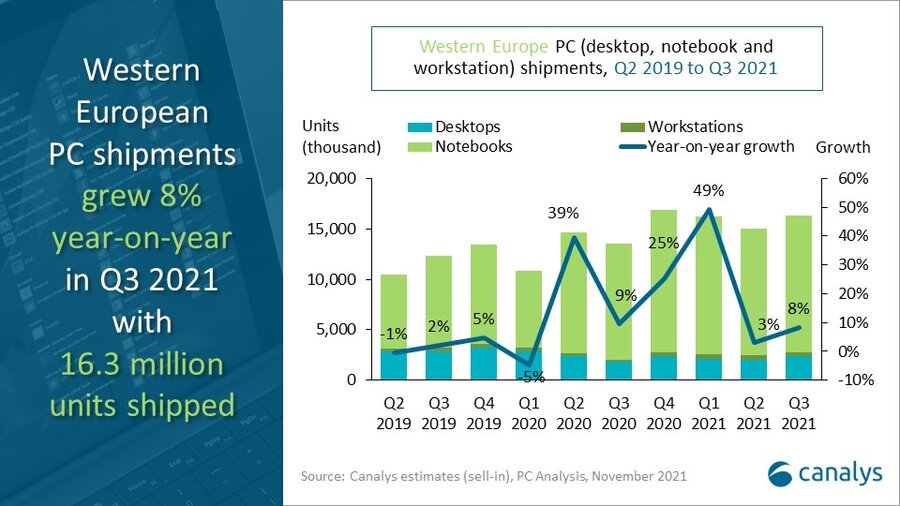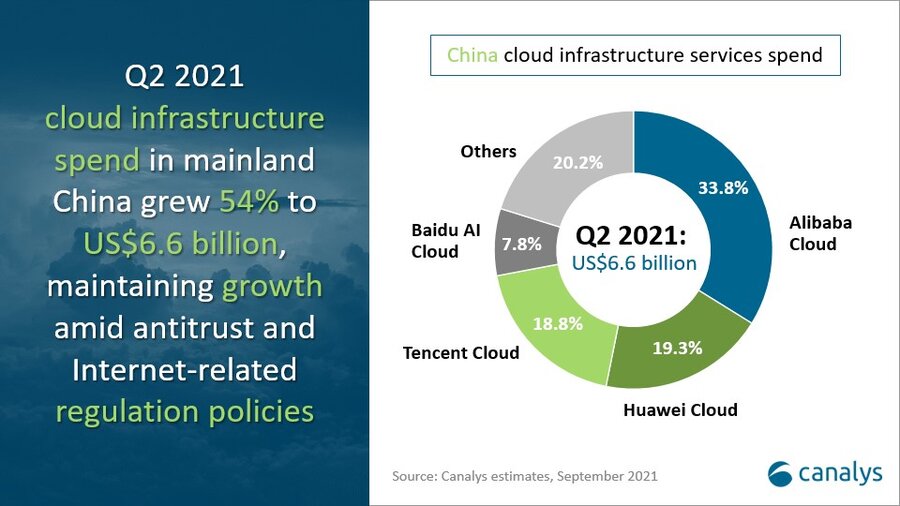Small business content security investment up 10% in 2014
Palo Alto, Shanghai, Singapore and Reading (UK) – Wednesday 18 March, 2015
Worldwide content security spend by small businesses increased 9.6% in 2014 according to the latest market estimates by Canalys. The US$2.6 billion market now represents 28% of the total enterprise content security market, compared with 27% in 2013.
During the year, investment grew as overall IT security budgets increased. Small business owners are more aware of the need to include security precautions, in many cases after discovering threats on their networks. The type and sophistication of threats has grown considerably. Malware, phishing and spyware remain the most common forms of attack, but denial of service attacks are becoming widespread. Small businesses are also falling victim to supply chain-related attacks, whereby criminals establish an indirect path to confidential data through third parties, which tend to be relatively small businesses.
‘While many small businesses have increased their spending, the overall state of protection remains below an effective level,’ said Senior Analyst Nushin Vaiani. ‘Some small businesses remain convinced that only those large enterprises they see in highly publicized news articles are the targets of cyber-threats. This is a fallacy and if these businesses do not change their attitude soon, they will fall victim to attacks.’
Delaying the introduction of preventative measures will make implementing a scalable security strategy difficult given the growing complexity of IT infrastructure due to the trends of bring-your-own device, virtualization and cloud. ‘Small businesses need to better understand the repercussions in terms of reputational harm and loss of customers and revenue due to successful cyber-attacks and make security a major business priority,’ said Vaiani.
‘IT security vendors have tried to provide small businesses with solutions that are easy to understand and deploy to increase sales,’ said Singapore-based Research Analyst, Karissa Chua. ‘Greater demand for flexible hosted service offerings also encouraged many vendors to develop dedicated SaaS solutions at lower price points.’

Of the remaining vendors, competition grew from the likes of Websense and Sophos, driven by cloud security solutions. The pay-as-you-use, hosted solutions particularly appeal to SMBs trying to reduce costs. ‘Competition is intensifying and vendors will try to differentiate by including more functionality in their solutions. As content security offerings become more complex, small businesses will look to their trusted channel partners for advice on which solutions will offer the best protection and scalability in the long run,’ said Chua. ‘Canalys also expects data protection reform to have a positive knock-on effect on IT security spending across all business segments in Europe and Asia Pacific. In the US, there will be a major shift to hosted security services, and by the end of the year these will account for about 35% of total content security investment by small businesses.’
Note: Canalys defines the content security market as including the following product categories: anti-malware, DLP, encryption, messaging security and web threat security.
Small businesses highlighted in this report are defined as those with fewer than 100 employees.
Canalys is an independent analyst company that strives to guide clients on the future of the technology industry and to think beyond the business models of the past. We deliver smart market insights to IT, channel and service provider professionals around the world. Our customer-driven analysis and consulting services empower businesses to make informed decisions and generate sales. We stake our reputation on the quality of our data, our innovative use of technology and our high level of customer service.
To view the chart(s) from this press release, and others from Canalys, download the new Insight @Canalys app today from the Apple App Store, the Google Play store or as an HTML 5 web app.
To receive press releases directly, or for more information about our events, services or custom research and consulting capabilities, please complete the contact form on our web site.



